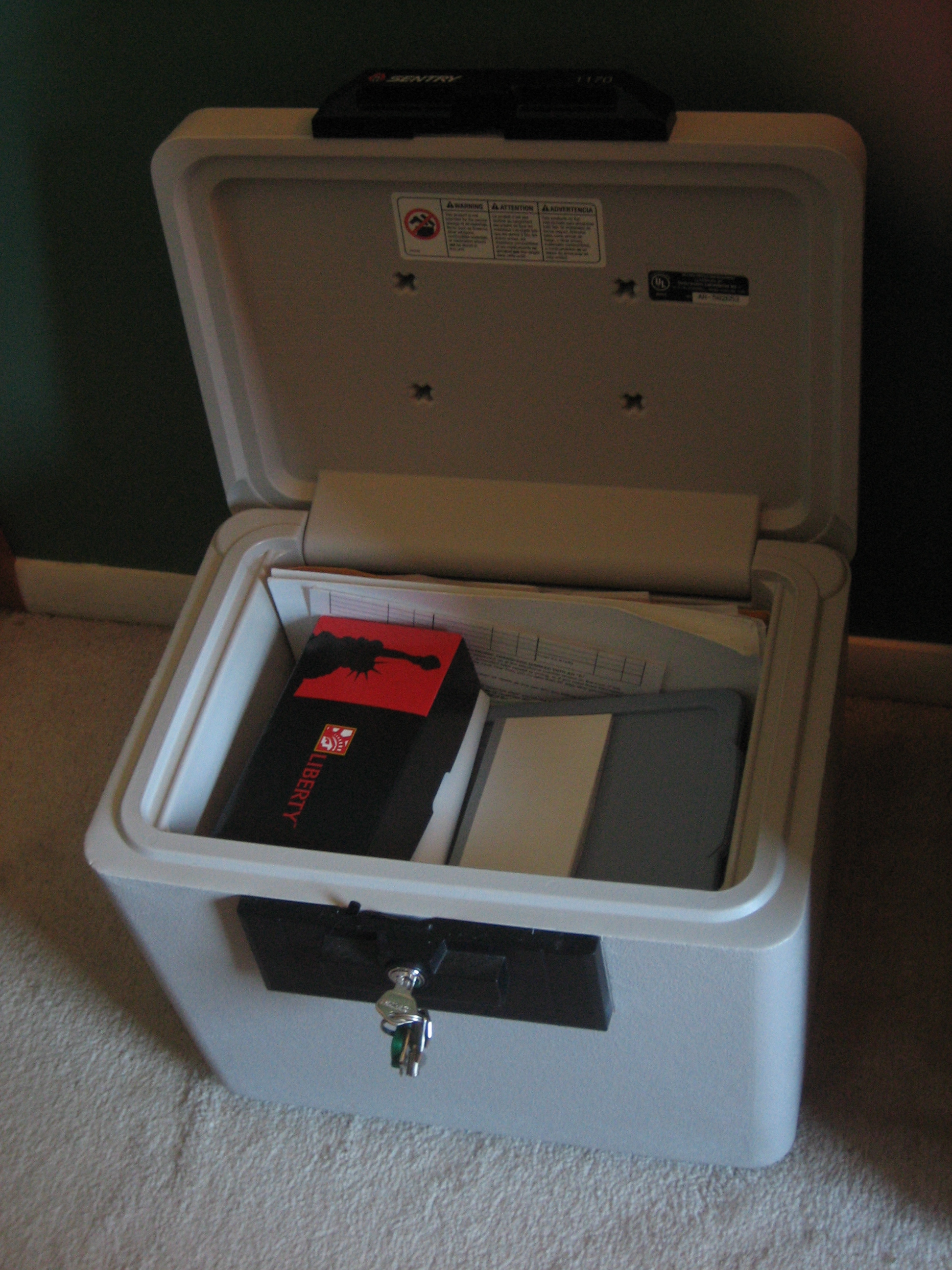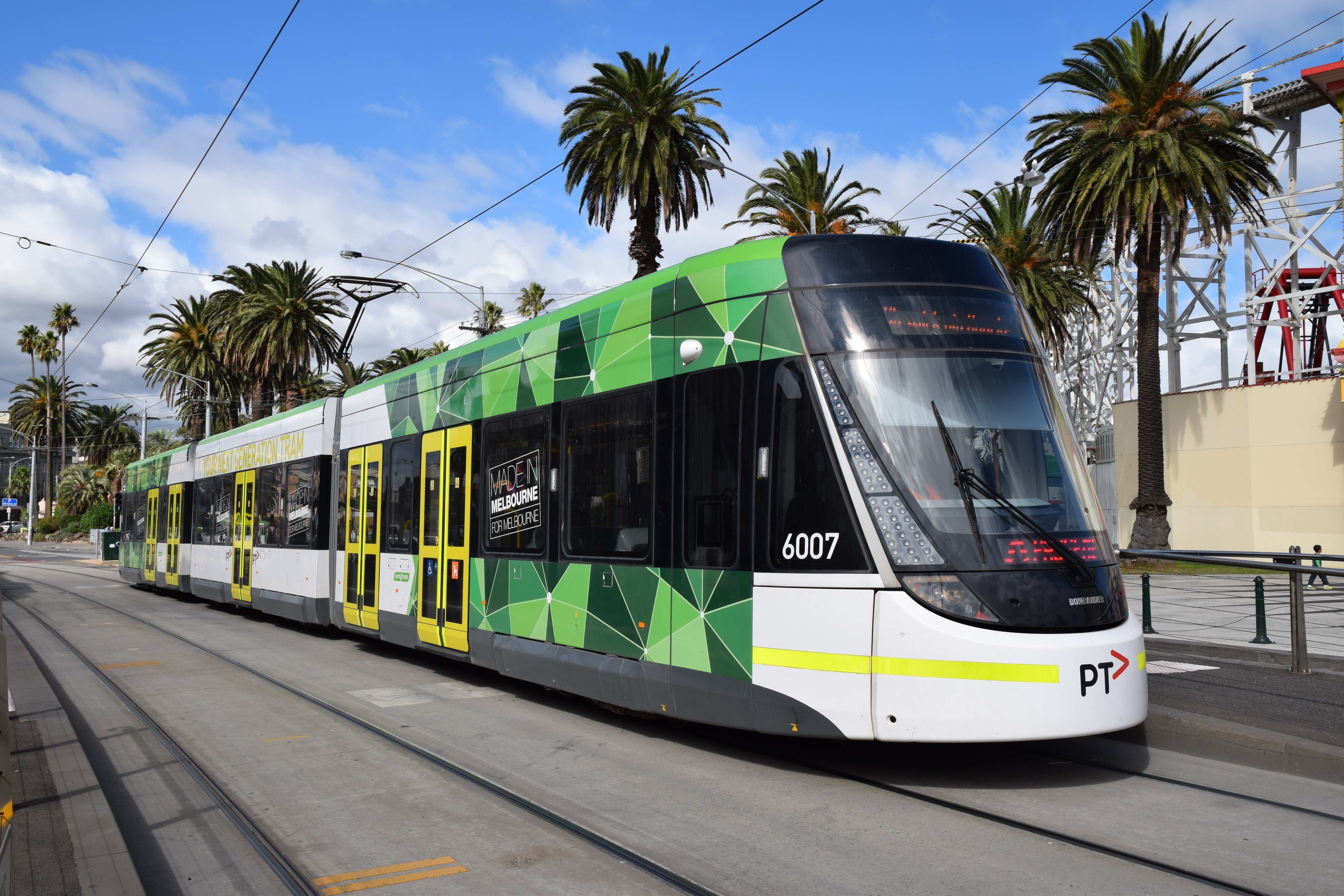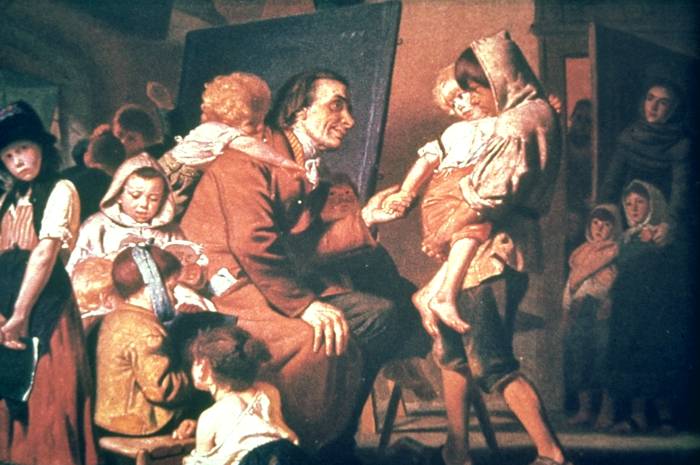|
Hessisch Lichtenau
Hessisch Lichtenau ( is a small town in the Werra-Meißner-Kreis in eastern Hesse, Germany. In 2006, the town hosted the 46th Hessentag state festival. Geography Location Hessisch Lichtenau lies in the Werra-Meißner-Kreis 20 km southeast of Kassel between the Kaufunger Wald in the north, the Hoher Meißner (753.6 m above sea level) in the east, the Stölzinger Hills with the Eisberg (583 m) in the southeast and the Söhre in the south. The main town lies on the river Losse. Neighbouring communities Hessisch Lichtenau borders in the northeast on Berkatal and Großalmerode, in the east on Meißner and Waldkappel, in the south on Spangenberg, in the west on Söhrewald and in the northwest on Helsa. Constituent communities Hessisch Lichtenau’s '' Stadtteile'' are Friedrichsbrück, Fürstenhagen, Hausen, Hirschhagen, Hollstein, Hopfelde, Küchen, Quentel, Reichenbach, Retterode, Velmeden, Walburg and Wickersrode Politics Town council The municipal election held ... [...More Info...] [...Related Items...] OR: [Wikipedia] [Google] [Baidu] |
Hessisches Statistisches Landesamt ...
The statistical offices of the German states (German: ''Statistische Landesämter'') carry out the task of collecting official statistics in Germany together and in cooperation with the Federal Statistical Office. The implementation of statistics according to Article 83 of the constitution is executed at state level. The federal government has, under Article 73 (1) 11. of the constitution, the exclusive legislation for the "statistics for federal purposes." There are 14 statistical offices for the 16 states: See also * Federal Statistical Office of Germany References {{Reflist Germany Statistical offices Germany Germany,, officially the Federal Republic of Germany, is a country in Central Europe. It is the second most populous country in Europe after Russia, and the most populous member state of the European Union. Germany is situated betwe ... [...More Info...] [...Related Items...] OR: [Wikipedia] [Google] [Baidu] |
Gymnasium (school)
''Gymnasium'' (and variations of the word) is a term in various European languages for a secondary school that prepares students for higher education at a university. It is comparable to the US English term '' preparatory high school''. Before the 20th century, the gymnasium system was a widespread feature of educational systems throughout many European countries. The word (), from Greek () 'naked' or 'nude', was first used in Ancient Greece, in the sense of a place for both physical and intellectual education of young men. The latter meaning of a place of intellectual education persisted in many European languages (including Albanian, Bulgarian, Estonian, Greek, German, Hungarian, the Scandinavian languages, Dutch, Polish, Czech, Serbo-Croatian, Macedonian, Slovak, Slovenian and Russian), whereas in other languages, like English (''gymnasium'', ''gym'') and Spanish (''gimnasio''), the former meaning of a place for physical education was retained. School structure Be ... [...More Info...] [...Related Items...] OR: [Wikipedia] [Google] [Baidu] |
Comprehensive School
A comprehensive school typically describes a secondary school for pupils aged approximately 11–18, that does not select its intake on the basis of academic achievement or aptitude, in contrast to a selective school system where admission is restricted on the basis of selection criteria, usually academic performance. The term is commonly used in relation to England and Wales, where comprehensive schools were introduced as state schools on an experimental basis in the 1940s and became more widespread from 1965. They may be part of a local education authority or be a self governing academy or part of a multi-academy trust. About 90% of English secondary school pupils attend a comprehensive school (academy schools, community schools, faith schools, foundation schools, free schools, studio schools, university technical colleges, state boarding schools, City Technology Colleges, etc). Specialist schools may also select up to 10% of their intake for aptitude in their specialism. A sc ... [...More Info...] [...Related Items...] OR: [Wikipedia] [Google] [Baidu] |
Transrapid
Transrapid is a German-developed high-speed monorail train using magnetic levitation. Planning for the Transrapid system started in 1969 with a test facility for the system in Emsland, Germany completed in 1987. In 1991, technical readiness for application was approved by the Deutsche Bundesbahn in cooperation with renowned universities. The last version, the Transrapid 09, is designed for a cruising speed of and allows acceleration and deceleration of approximately . In 2002, the first commercial implementation was completed – the Shanghai Maglev Train, which connects the city of Shanghai's rapid transit network to Shanghai Pudong International Airport. The Transrapid system has not yet been deployed on a long-distance intercity line. The system is developed and marketed by Transrapid International, a joint venture of Siemens and ThyssenKrupp. In 2011, the Emsland test track closed down when its operating license expired. In early 2012, demolition and recon ... [...More Info...] [...Related Items...] OR: [Wikipedia] [Google] [Baidu] |
Automated Teller Machine
An automated teller machine (ATM) or cash machine (in British English) is an electronic telecommunications device that enables customers of financial institutions to perform financial transactions, such as cash withdrawals, deposits, funds transfers, balance inquiries or account information inquiries, at any time and without the need for direct interaction with bank staff. ATMs are known by a variety of names, including automatic teller machine (ATM) in the United States (sometimes redundantly as "ATM machine"). In Canada, the term ''automated banking machine'' (ABM) is also used, although ATM is also very commonly used in Canada, with many Canadian organizations using ATM over ABM. In British English, the terms ''cashpoint'', ''cash machine'' and ''hole in the wall'' are most widely used. Other terms include ''any time money'', ''cashline'', ''tyme machine'', ''cash dispenser'', ''cash corner'', ''bankomat'', or ''bancomat''. ATMs that are not operated by a financial i ... [...More Info...] [...Related Items...] OR: [Wikipedia] [Google] [Baidu] |
Safe
A safe (also called a strongbox or coffer) is a secure lockable box used for securing valuable objects against theft or fire. A safe is usually a hollow cuboid or cylinder, with one face being removable or hinged to form a door. The body and door may be cast from metal (such as steel) or formed out of plastic through blow molding. Bank teller safes typically are secured to the counter, have a slit opening for dropping valuables into the safe without opening it, and a time-delay combination lock to foil thieves. One significant distinction between types of safes is whether the safe is secured to a wall or structure or if it can be moved around. A less secure version (only suitable for petty cash) is usually called a cash-box. History The first known safe dates back to the 13th century BC and was found in the tomb of Pharaoh Ramesses II. It was made of wood and consisted of a locking system resembling the modern pin tumbler lock. In the 16th century, blacksmiths in souther ... [...More Info...] [...Related Items...] OR: [Wikipedia] [Google] [Baidu] |
Tram
A tram (called a streetcar or trolley in North America) is a rail vehicle that travels on tramway tracks on public urban streets; some include segments on segregated right-of-way. The tramlines or networks operated as public transport are called tramways or simply trams/streetcars. Many recently built tramways use the contemporary term light rail. The vehicles are called streetcars or trolleys (not to be confused with trolleybus) in North America and trams or tramcars elsewhere. The first two terms are often used interchangeably in the United States, with ''trolley'' being the preferred term in the eastern US and ''streetcar'' in the western US. ''Streetcar'' or ''tramway'' are preferred in Canada. In parts of the United States, internally powered buses made to resemble a streetcar are often referred to as "trolleys". To avoid further confusion with trolley buses, the American Public Transportation Association (APTA) refers to them as "trolley-replica buses". In the Unit ... [...More Info...] [...Related Items...] OR: [Wikipedia] [Google] [Baidu] |
Teutonic Knights
The Order of Brothers of the German House of Saint Mary in Jerusalem, commonly known as the Teutonic Order, is a Catholic religious institution founded as a military society in Acre, Kingdom of Jerusalem. It was formed to aid Christians on their pilgrimages to the Holy Land and to establish hospitals. Its members have commonly been known as the Teutonic Knights, having a small voluntary and mercenary military membership, serving as a crusading military order for the protection of Christians in the Holy Land and the Baltics during the Middle Ages. Purely religious since 1810, the Teutonic Order still confers limited honorary knighthoods. The Bailiwick of Utrecht of the Teutonic Order, a Protestant chivalric order, is descended from the same medieval military order and also continues to award knighthoods and perform charitable work. Name The name of the Order of Brothers of the German House of Saint Mary in Jerusalem is in german: Orden der Brüder vom Deutschen Haus der He ... [...More Info...] [...Related Items...] OR: [Wikipedia] [Google] [Baidu] |
Mausoleum
A mausoleum is an external free-standing building constructed as a monument enclosing the interment space or burial chamber of a deceased person or people. A mausoleum without the person's remains is called a cenotaph. A mausoleum may be considered a type of tomb, or the tomb may be considered to be within the mausoleum. Overview The word ''mausoleum'' (from Greek μαυσωλείον) derives from the Mausoleum at Halicarnassus (near modern-day Bodrum in Turkey), the grave of King Mausolus, the Persian satrap of Caria, whose large tomb was one of the Seven Wonders of the Ancient World. Historically, mausolea were, and still may be, large and impressive constructions for a deceased leader or other person of importance. However, smaller mausolea soon became popular with the gentry and nobility in many countries. In the Roman Empire, these were often in necropoles or along roadsides: the via Appia Antica retains the ruins of many private mausolea for kilometres outside Rome. Whe ... [...More Info...] [...Related Items...] OR: [Wikipedia] [Google] [Baidu] |
Johann Heinrich Pestalozzi
Johann Heinrich Pestalozzi (, ; 12 January 1746 – 17 February 1827) was a Swiss pedagogue and educational reformer who exemplified Romanticism in his approach. He founded several educational institutions both in German- and French-speaking regions of Switzerland and wrote many works explaining his revolutionary modern principles of education. His motto was "Learning by head, hand and heart". Thanks to Pestalozzi, illiteracy in 18th-century Switzerland was overcome almost completely by 1830. Life Early years – 1746–1765 Pestalozzi was born on 12 January 1746, in Zürich, Switzerland. His father was a surgeon and oculist who died at age 33 when Pestalozzi, the second of three children, was five years old; he belonged to a family who had fled the area around Locarno due to its Protestant faith. His mother, whose maiden name was Hotze, was a native of Wädenswil on the lake of Zürich. The family also had a maid, Barbara Schmid, nicknamed Babeli. After the death of Pestalo ... [...More Info...] [...Related Items...] OR: [Wikipedia] [Google] [Baidu] |
Lenoir Stiftung 17942
Lenoir may refer to: Locations: * Lenoir, North Carolina, United States * Lenoir County, North Carolina, United States * Lenoir City, Tennessee In Universities: * Lenoir-Rhyne University * Lenoir Dining Hall, a dining hall at the University of North Carolina at Chapel Hill In other topics: * USS Lenoir (AKA-74), a World War II attack cargo ship * Lenoir cycle, the basis of the first commercially produced internal combustion engine As a name: * Lenoir (surname) Lenoir or LeNoire is a surname that may refer to: * Alban Lenoir (born 1980), French actor, screenwriter and stuntman *Alexandre Lenoir (1761–1839), French archaeologist * Billy Lenoir (1942–2007), American tennis player * Charles-Amable Lenoir ... See also * Richard-Lenoir (Paris Metro) {{disambiguation, geo ... [...More Info...] [...Related Items...] OR: [Wikipedia] [Google] [Baidu] |






.jpeg/1200px-Taj_Mahal_(Edited).jpeg)
